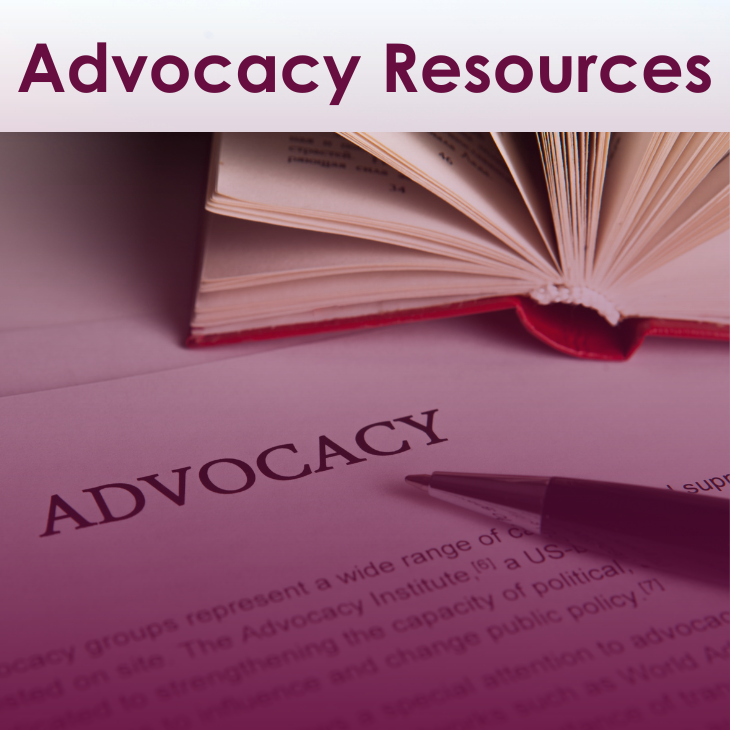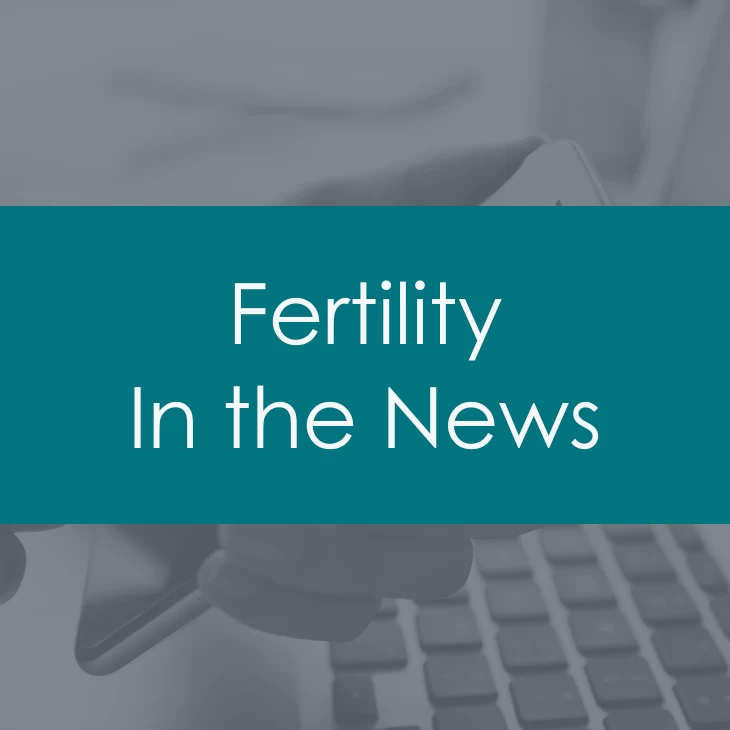
Gözden Geçirme: 2023
Neden yumurtalarımı dondurmak isteyeyim?
Kadınlar yaşlandıkça sağlıklı bir bebeğe hamile kalmakta zorluk yaşayabilirler. Kadınlar yaklaşık 1-2 milyon yumurta ile doğarlar. Yumurtaların çoğu doğal olarak zamanla ölür (tıpkı her gün deri ve saç hücrelerini kaybetmemiz gibi). Bir kız ergenliğe ulaştığında, yaklaşık yarım milyon yumurtası kalır. Yaş ilerledikçe, özellikle 30’lu yaşların ortaları ile sonlarında ve 40’lı yaşlarda, yumurtalar daha hızlı kaybolur. Ayrıca, kalan yumurtalar da ilerleyen yaşın yumurta kalitesi üzerindeki etkilerinden dolayı sağlıklı bir gebeliğe yol açamayabilir (daha fazla bilgi için lütfen Yaş ve Doğurganlık başlıklı kitapçığa bakınız).Biyolojik olarak, 30 yaşından önce hamile kalmak daha kolaydır. Ancak mesleki, sosyal ya da sağlık nedenleriyle bir kadın bu dönemde hamile kalmaya hazır olmayabilir ve onun için doğru zaman gelene kadar çocuk sahibi olmayı erteleyebilir. Yaşın gelecekteki doğurganlık üzerine etkisini anlaşılmasıyla; bu kadınlar, gelecekte potansiyel kullanım için yumurtalarını toplatma ve dondurma arayışına girebilirler.
Neden yumurtalarımı dondurmak isteyeyim?
Tedavi süreci, bazı infertilite hastalarının tedavisinde kullanılan tüp bebek (IVF) sürecinin ilk bölümüne benzer (IVF hakkında daha fazla bilgi için lütfen “Yardımcı Üreme Teknolojileri” kitapçığına bakınız). Kısaca, bir kadının bir grup yumurtasının olgunlaşması ve gelişmesi için 10-12 günlük enjeksiyon yaptırması gerekli olacaktır. Bu süre zarfında, ilaçlara verilen tepkiyi izlemek için kan seviyeleri tayini ve ultrason muayeneleri yapılacaktır. Olgunlaşan yumurtaları toplamak için, genellikle hafif anestezi altında kısa süreli (tipik olarak 15-30 dakikalık) tedavi prosedürü uygulanır. Çıkarılan yumurtalar tecrübeli bilim insanı- bir embriyolog- tarafından incelendikten sonra kullanılabilir olarak tayin edilen yumurtalar süresiz olarak dondurulabilir.
Dondurulmuş yumurtalarım gelecekteki bir bebeği garanti eder mi?
Hayır. Daha genç kadınlarda bile ( <38 yaşında), donmuş bir yumurtanın gelecekte bir bebek verme şansı %2-12 civarındadır. Kadınlar yaşlandıkça ve yumurta kalitesi düştükçe donmuş yumurta başına gebelik oranı daha da düşer.
Yumurtaları dondurmamak için bir yaş sınırlaması var mı?
Dondurma tedavisine başlamadan önce, kadının yumurta dondurma için uygun olup olmadığını belirlemek adına tarama testleri (kan tahlili ve ultrason) önerecek olan bir uzmanla (üreme endokrinoloğu) görüşmesi gerekir. Her kadın, yaşın doğurganlık üzerindeki etkileri bakımından farklıdır; 40’lı yaşlarının başındaki bazı kadınların kısırlık şikayetleri olmadığını unutmayınız. Bununla birlikte, çoğu uzman, isteğe bağlı yumurta dondurmanın 38 yaşından küçük kadınlarda en başarılı olduğu konusunda hemfikirdir.
Dondurulmuş yumurtalarım varsa, bu, aile sahibi olmaya başlamayı çok daha yaşlanana kadar erteleyebileceğim anlamına mı geliyor?
Kadınlar, dondurulmuş yumurtaların gelecekteki bir bebeğin garantisi olmadığını anlayarak, kendilerini “hazır” ve uygun hissettikleri anda hamile kalmaya çalışmalıdır. Kadının yumurtaları dondurması ile ilgili “yanlış güvenlik” duygusuna sahip olabileceği endişesi mevcuttur. Yani hamile kalma girişimlerini çok daha yaşlanana kadar ertelemeyi tercih edebilir (oysa en başta yumurtaları dondurmamış olsaydı denemeye daha erken yaşta başlayabilir ve daha büyük bir başarı elde edebilirdi). Kadınlar, donmuş yumurta kullanmanın başarı oranlarını düşünmenin yanı sıra; ileri yaşta ebeveynlik yapmanın potansiyel tıbbi risklerini ve psikososyal kaygılarını da anlamalıdır. Dondurulmuş yumurtalarla başarılı gebelikler olduğunu gösteren çalışmaların çoğu, yalnızca 20’li yaşlarında veya 30’lu yaşlarının başında yumurtalarını donduran kadınları incelemiştir. Fertilite uzmanları arasındaki bir başka endişe de gebelik oranlarının, 30’lu yaşların sonunda veya 40’lı yaşların başında yumurtaları dondurmaya çalışan kadınlar için o kadar yüksek olmayacağıdır.
Sigortam yumurta dondurmayı karşılar mı?
Çoğu sigorta planı isteğe bağlı yumurta dondurmayı kapsamaz. Bununla birlikte, erken menopoz (40 yaşından önce menopoz) açısından yüksek risk taşıyan hastalar için -- örn. belirli kanser tedavilerinden geçmek üzere olan hastalar - bazı sigortalar kısmi veya tam kapsam sunabilir.
Hangi maliyetler söz konusudur?
Maliyetler 3 geniş aşamaya ayrılabilir:- Danışmanlık, ilaç tedavisi, yumurta toplama
- Yumurtaların kullanıma kadar saklanması (genellikle yıllık ücret)
- Hamileliği denemek için yumurtaların transferi
Anahtar noktalar:
- Çocuk sahibi olmaya hazır olmayan bir kadın, daha sonra çocuk sahibi olma yeteneğini korumak için yumurtaları dondurmayı tercih edebilir.
- Yumurtaların dondurulması daha sonra çocuk sahibi olunacağının garantisi değildir.
- Herkes yumurta dondurmaya aday değildir.
- Yumurta dondurma tipik olarak 20’li yaşlar ile 30’lu yaşların başındakiler için en iyi sonucu verir ve genellikle 38 yaş üstü kadınlar için önerilmez.
Turkish Fact Sheets
View more fact sheets and booklets written by the ASRM Patient Education Committee and translated by the Turkish Society of Reproductive Medicine.Cryopreservation
Oocyte/Egg
Find a Health Professional
Connect with reproductive medicine experts who will guide you through your unique journey. Our search tool allows personalized matches based on location, specialization, and expertise. Take control of your reproductive health with compassionate providers, innovative treatments, and unwavering support.
Search for an Expert












